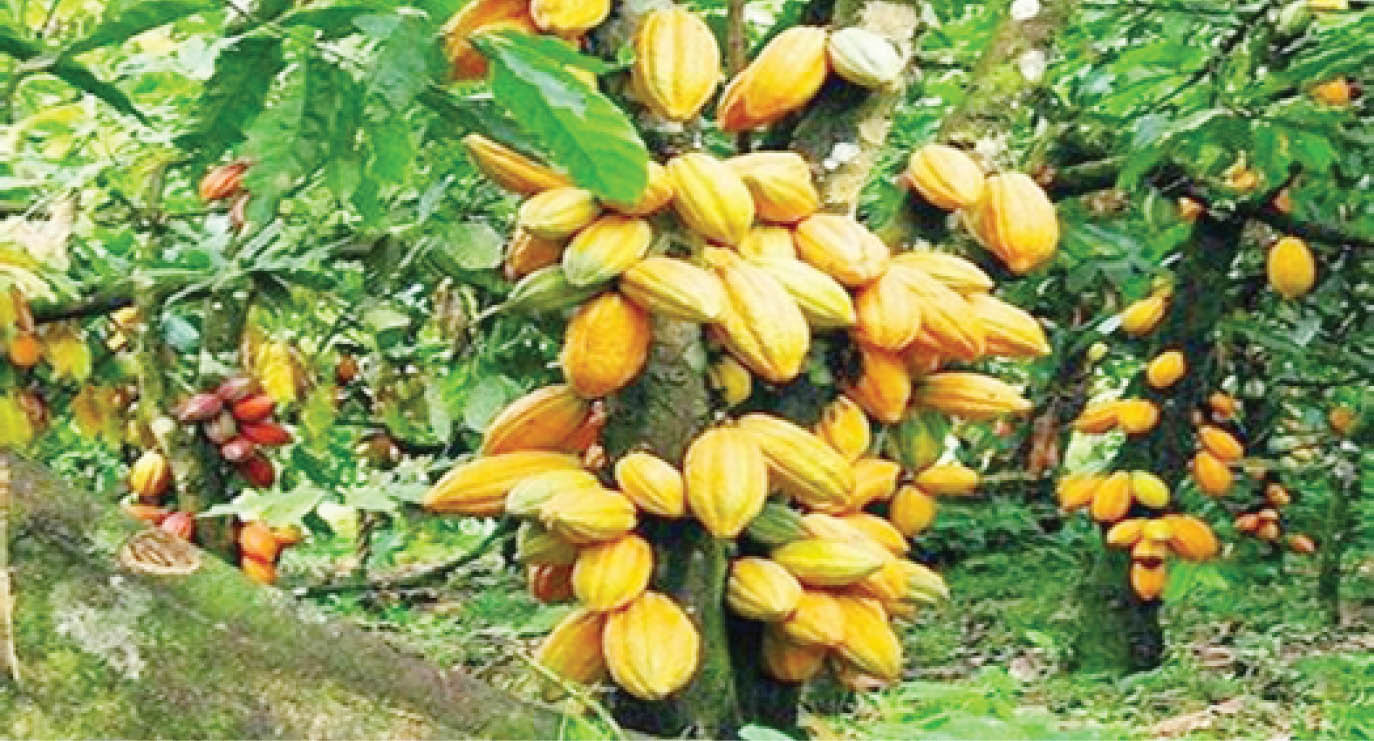Kano farmers get support to set up homestead vegetable gardens
No fewer than 36,000 farmers, mostly women, received improved vegetable seedlings to enable them adopt and set up homestead vegetable gardens in Kano State. The Senior Programme Officer of Solidaridad Nigeria, Mr Ernest Ita, who disclosed this during a policy dialogue on transforming Nigeria‘s vegetable farming in Kano, said the project gained entry into Kano […]

Experts say farmers need high yielding cocoa seedlings to increase production
No fewer than 36,000 farmers, mostly women, received improved vegetable seedlings to enable them adopt and set up homestead vegetable gardens in Kano State.
The Senior Programme Officer of Solidaridad Nigeria, Mr Ernest Ita, who disclosed this during a policy dialogue on transforming Nigeria‘s vegetable farming in Kano, said the project gained entry into Kano State in 2020 through the Sustainable Development Goals (SDGs) with the aim of transforming Nigeria’s vegetable market, noting that it was being implemented in nine LGAs of the state.
He explained that, “We are working in Bunkure, Garun Mallam, Kura, Dawakin Tofa, Minjibir, Kumbotso, Dawakin Kudu and Rimin Gado. The project works with a consortium of partners such as the East-West Seed Knowledge Transfer, Wageningen University, Ahmadu Bello University (ABU), Zaria, and the Ministries of Agriculture in Kano and Kaduna states. We focus on delivering different project components which target is smallholder vegetable farmers.”
He further explained that the main purpose of the project was to enable smallholder vegetable farmers to improve their yield, income, health and contribute to household nutrition, as well as national food security, adding that the project also promoted inclusive climate-smart vegetable production landscapes.
- Respite as herder-farmer conflicts in Gombe declines
- Gombe begins farm inputs distribution to farmers
He revealed that the project had succeeded in mobilising 9,200 women and 7,000 youths to participate, facilitated the formation of 92 women and 70 youth vegetable farmer groups, supported the establishment of 116 Village Savings and Loan Associations (VLSAs), supported 360 farmers, mostly women, with improved vegetable seedlings.
